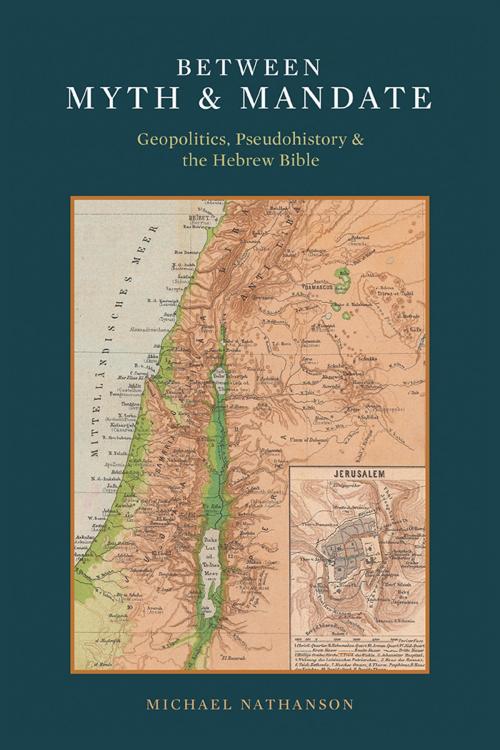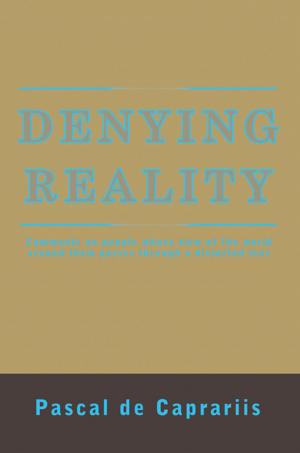Between Myth & Mandate
Geopolitics, Pseudohistory & the Hebrew Bible
Nonfiction, History, Ancient History| Author: | Michael Nathanson | ISBN: | 9781491823088 |
| Publisher: | AuthorHouse | Publication: | October 22, 2013 |
| Imprint: | AuthorHouse | Language: | English |
| Author: | Michael Nathanson |
| ISBN: | 9781491823088 |
| Publisher: | AuthorHouse |
| Publication: | October 22, 2013 |
| Imprint: | AuthorHouse |
| Language: | English |
From the preface: The intent of this work is to inquire whether 1. the events recounted in the Bibles narratives (collectively herein referred to as master narrative) are based in any Ancient Near Eastern historical reality. 2. the authors of the Bibles master narrative and its readers, including the founders and citizens of the state of Israel, can claim that reality as their own 3. the Bibles pseudohistorical master narrative disguises the geopolitical agenda of its authors in an apocalyptic/eschatological and theological cloak. From the Interval Synthesis: The importance of the Bibles narratives lies in the clues they hold regarding who their authors were and when they wrote them. The answer to why they took upon themselves to write these narratives require postbiblical contextualization that will bestow on them the meaning they deserve. What follows in the remaining chapters provides this context. From the Concluding Synthesis: Absent corroborative evidence, not in the least competing contemporaneous, or earlier secular prose narratives, the origins, ethnicity and culture of the Israelites, and their actions prior to the establishment of the Omride monarchy, as depicted in the master narrative, is fictive. The time before present of the Jews in Syro-Palestine cannot be traced as far back as the glorious and heroic Davidic and Solomonic monarchic period of the Bible. Rather, the historically verifiable, albeit less glamorous, late-Persian/Greco-Roman (postbiblical) period is the terminus a quo of Jewish history.
From the preface: The intent of this work is to inquire whether 1. the events recounted in the Bibles narratives (collectively herein referred to as master narrative) are based in any Ancient Near Eastern historical reality. 2. the authors of the Bibles master narrative and its readers, including the founders and citizens of the state of Israel, can claim that reality as their own 3. the Bibles pseudohistorical master narrative disguises the geopolitical agenda of its authors in an apocalyptic/eschatological and theological cloak. From the Interval Synthesis: The importance of the Bibles narratives lies in the clues they hold regarding who their authors were and when they wrote them. The answer to why they took upon themselves to write these narratives require postbiblical contextualization that will bestow on them the meaning they deserve. What follows in the remaining chapters provides this context. From the Concluding Synthesis: Absent corroborative evidence, not in the least competing contemporaneous, or earlier secular prose narratives, the origins, ethnicity and culture of the Israelites, and their actions prior to the establishment of the Omride monarchy, as depicted in the master narrative, is fictive. The time before present of the Jews in Syro-Palestine cannot be traced as far back as the glorious and heroic Davidic and Solomonic monarchic period of the Bible. Rather, the historically verifiable, albeit less glamorous, late-Persian/Greco-Roman (postbiblical) period is the terminus a quo of Jewish history.















